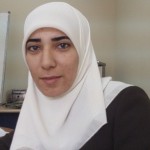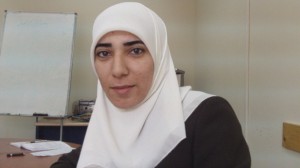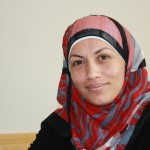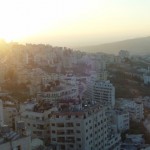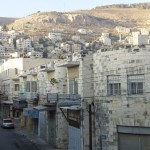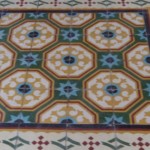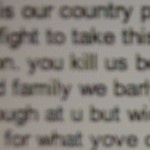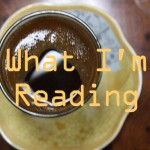
BY: Mkhaimar Abusada for Bitter Lemons
The Arab Peace Initiative, which was adopted by the Arab League at its summit meeting in Beirut in 2002, is a comprehensive peace initiative first proposed by then-Crown Prince Abdullah of Saudi Arabia, and re-endorsed at the Riyadh summit in 2007. The initiative attempts to end the Arab-Israel conflict, which means normalizing relations between the entire Arab region and Israel in exchange for a complete Israeli withdrawal from all Arab territories occupied in June 1967 and a “just solution” of the Palestinian refugee problem based on UN Resolution 194.
One of the main elements of the Arab initiative stipulates: “The acceptance of the establishment of a sovereign independent Palestinian state on the Palestinian territories occupied since the 4th of June 1967 in the West Bank and Gaza Strip, with East Jerusalem as its capital.”
The issue of sovereignty and independence is of great interest and importance to Palestinians. They have not experienced independence or sovereignty in modern history. After World War I, Palestine fell under the British Mandate until 1948, and then Israel controlled 78 percent of mandatory Palestine. The West Bank was then annexed by Jordan, and Gaza was administered by Egypt, both until 1967. As a result of the June 1967 war, Palestinians in the West Bank and Gaza have been living under Israeli occupation.
The Oslo accords, signed in September 1993, led to the creation of the Palestinian Authority over parts of the West Bank and Gaza. They have deprived Palestinians of any elements of sovereignty or independence and kept the PA under total Israeli control. Palestinian movement from and into the PA territories is subject to Israeli approval. Commercial exports and imports are also subject to Israeli laws and regulations according to the Paris Economic Protocol.
“Sovereignty”, according to the Encyclopedia Britannica, is the quality of having supreme, independent authority over a geographic area, such as a territory. The concept has been discussed and debated throughout history, from the time of the Romans through to the present day, where the notion of globalization has motivated new debates. Although the term has changed in its definition, concept and application, the current notion of state sovereignty is often traced back to the Treaty of Westphalia (1648), which, in relation to states, codified the basic principles of territorial integrity, border inviolability and supremacy of the state. A sovereign is the supreme lawmaking authority within its jurisdiction.
Sovereignty means the right of the state of Palestine to become a full member of the United Nations General Assembly, adopt the UN charter, and conform to international law, the Universal Declaration of Human Rights and all other related UN documents. The state of Palestine will also be subject to its own constitution and legal norms.
“Sovereignty” for Palestinians means a total end to the Israeli occupation of the West Bank, Gaza Strip and East Jerusalem. It means that Palestinians alone will control their territory, air space, electromagnetic field and water within their own territory. It means the ability to enact laws and implement them over its citizens.
It also means the right of the Palestinian state to form its army and national security to defend territorial integrity and borders. It means the ability to defend the territory from outside enemies and aggression. But Palestine will not need to enter into military alliances, an act that violates the terms of peace and normalization with Israel.
Sovereign Palestine means the right to establish and conduct foreign and diplomatic relations with other countries to pursue peace and prosperity. No country can live in isolation from the community of nations. Countries cooperate in political, economic, security and cultural aspects, and Palestine shall be given the right to develop and pursue its diplomatic relations with Arab and Islamic–as well as western–countries.
It also means Palestine’s ability to administer and oversee the holy sites within its territory. Palestine is home to the three major religions, thus requiring it to respect and protect Jews, Christians and Muslims. Religious sites, especially those in East Jerusalem and Bethlehem, must be accessed by their respective observers. Palestine must establish a ministry to preach peace, tolerance and acceptance among all people.
Sovereign and independent Palestine will not live in a vacuum. It will be part of the community of nations that respects international law and human rights, and will do all it takes to pursue peace, security and prosperity in the region.
–Published 5/1/2011 © bitterlemons- api.org
Mkhaimar Abusada is a professor of political science at Al-Azhar university, Gaza.
